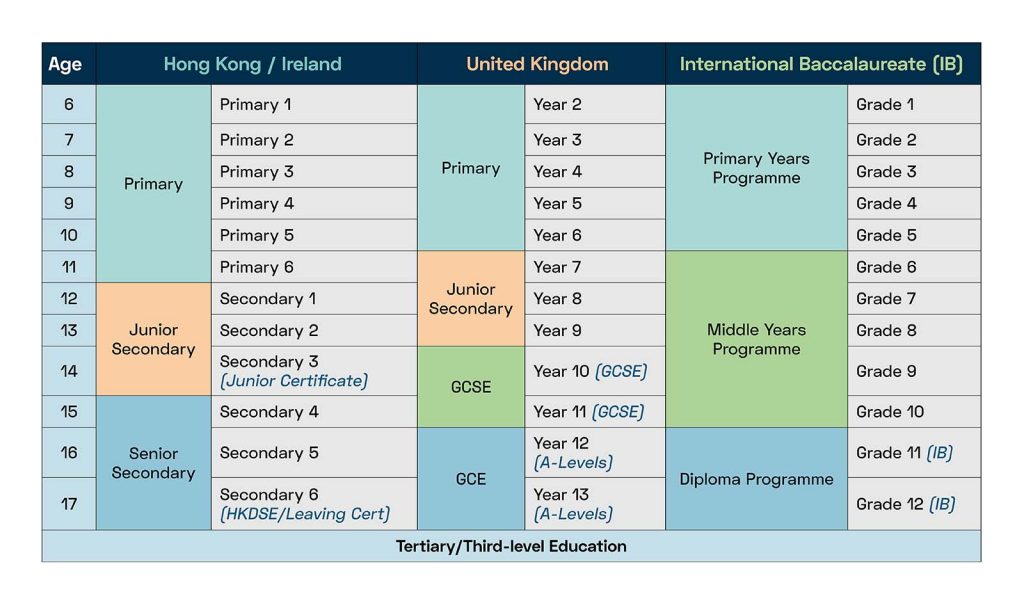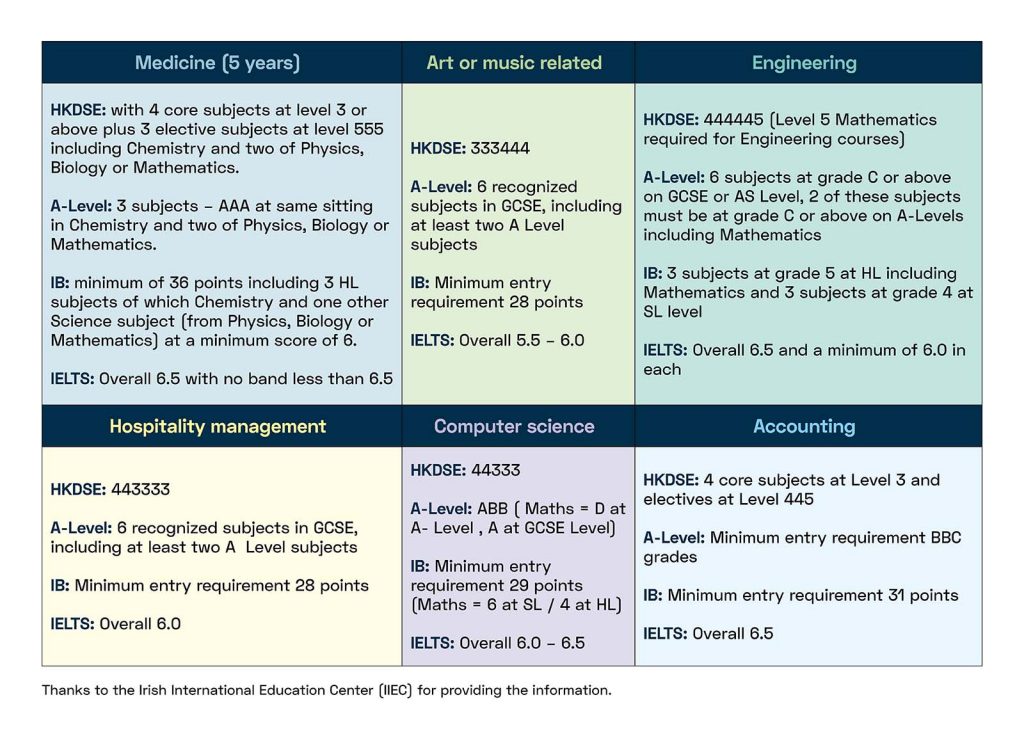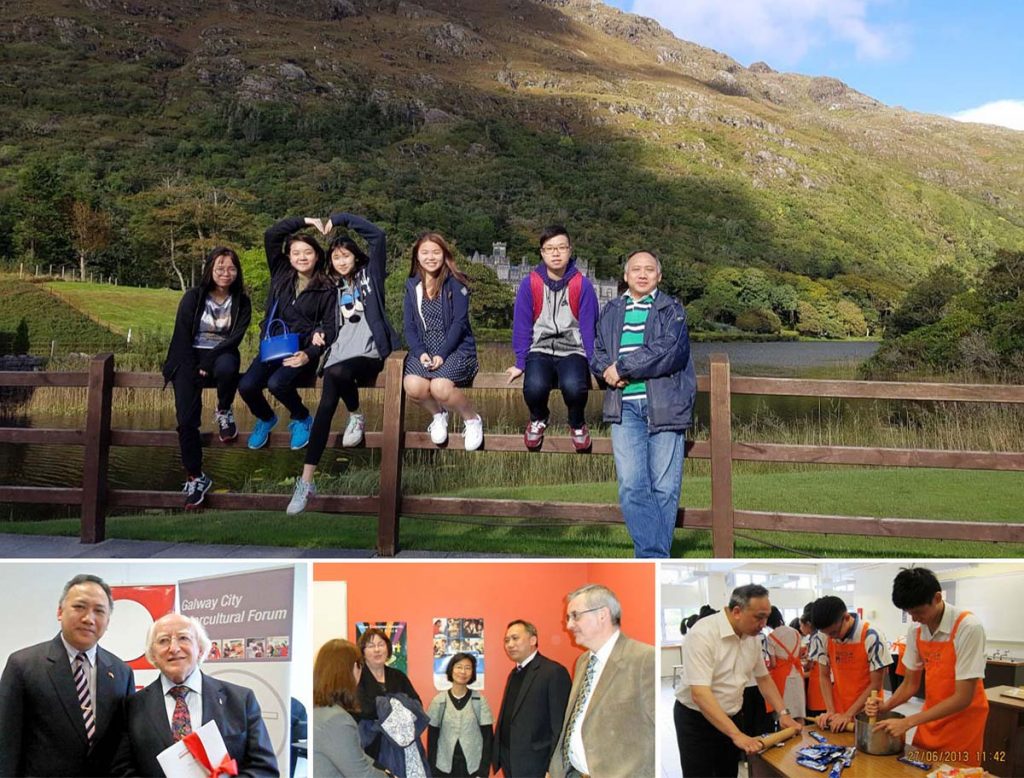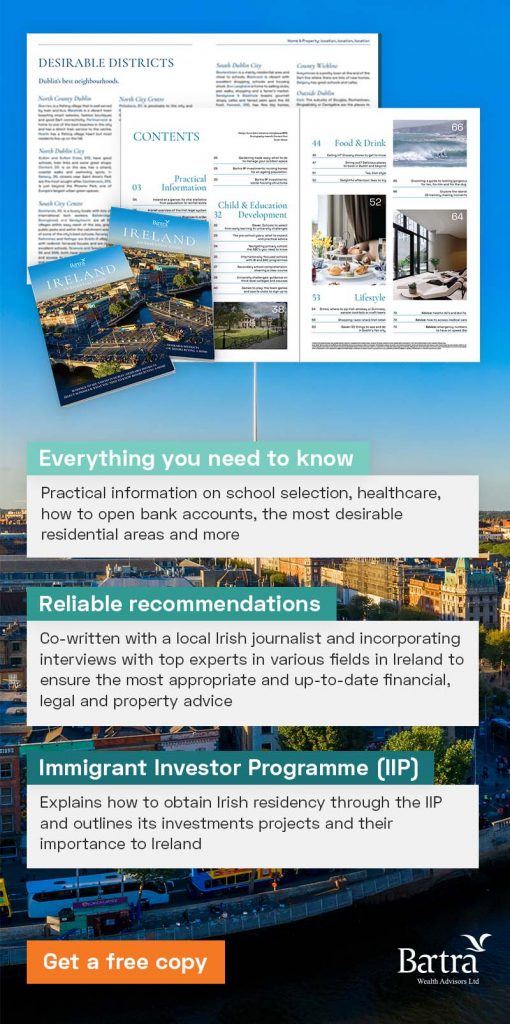Nearly 80 percent of respondents are considering or will consider moving aboard, a survey from the immigration arm of Irish developer Bartra Group has found. The current wave of emigration began in 2019 and remains strong. Bartra Wealth Advisors (“Bartra”), a subsidiary of Ireland’s leading real estate developer Bartra Group and the first Irish developer providing direct Irish immigration investment advisory in Hong Kong, conducted an online survey in March to find out more about Hong Kong people’s migration intentions and emigration trends. The company surveyed nearly 500 Hong Kong citizens aged 18 and above.
According to the findings of the survey, the top three locations that Hong Kong people would like to emigrate to were Taiwan, the UK and Australia. With Hong Kong people’s increasing exposure to Ireland, the nation ranked second as an emigration destination among European countries, ahead of Germany, Bulgaria and Portugal. When choosing an emigration destination, more than 60% of respondents considered prioritising factors such as cost of emigration and ease of obtaining application approval.
The survey also revealed that the objectives of the Hong Kong people who intend to emigrate were to seek a better living environment (51%), to ensure a better education for their children (29%), and to obtain alternative overseas permanent residency and citizenship (27%). These findings reflect the dissatisfaction of Hong Kong people with their current living situation and education system. Of the different countries/regions, Ireland ranked top among the places to move to when considering quality of life and the economic development perspectives. When considering education as a factor determining an immigration destination, Ireland ranked second after the UK, and ahead of Canada, Australia and the US, reflecting the high value that Hong Kong parents place on an Irish education.
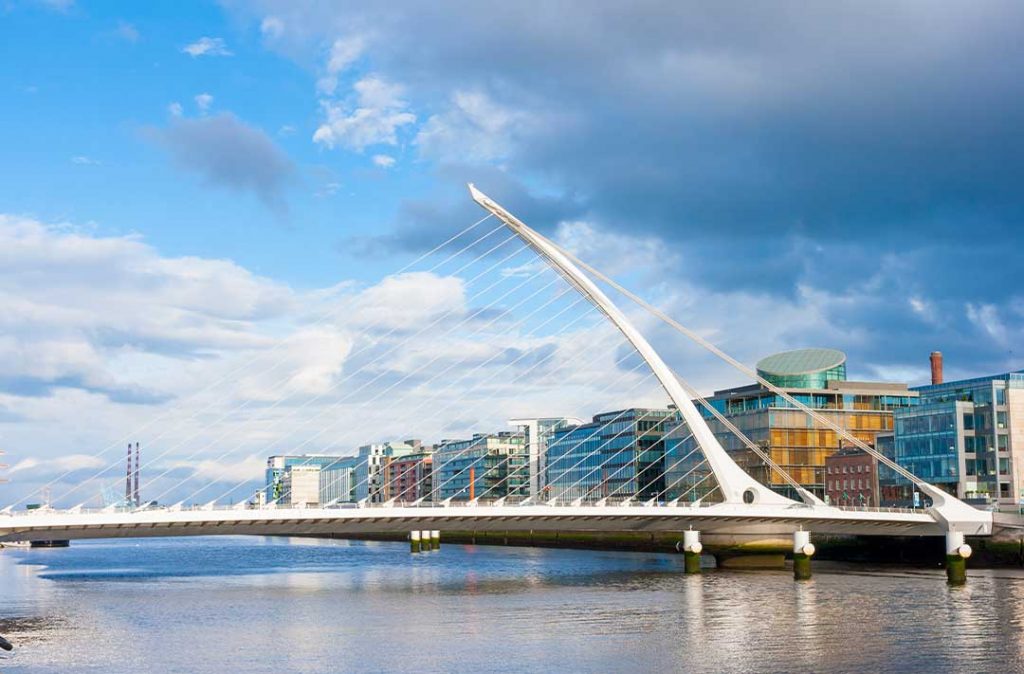

In terms of methods through which to emigrate, more than 40% of respondents preferred investment immigration, for the main reason that it is simpler and more direct. Among the investment immigration programmes, Irish immigration ranked top based on the ease of obtaining application approval and the flexibility of its residing requirements compared to other investment immigration programmes. This reflects how well the Irish investment immigration programme suits the needs of Hong Kong families – the Irish IIP allows applicants to reside just one day per year in Ireland to maintain their residency, enabling them to immigrate without relocating for easier managing of their current business and networks, as well as for efficient tax planning.
Considering all the factors offered by different countries/regions and their immigration programmes, the top three most popular emigration destinations for Hong Kong people were Taiwan, Australia and Ireland.
In 2021, Bartra received total investment of €54 million (60 family applications) and became the largest project supplier and service provider of the Irish Immigrant Investor Programme (IIP) in Asia. The majority of Bartra’s investor applications took six to nine months to be approved, with the shortest time for approval taking less than three months. Mr. Jeffrey Ling, Regional Director of Bartra Wealth Advisors, said, “Many high-income families in Hong Kong have formed an intention to emigrate, but more than 30% of respondents have some hesitation due to their current job or business. The IIP in Ireland provides great flexibility with regard to travelling requirements; families only need to reside one day per year in the country to retain their right of abode. Therefore, investors do not need to quit their jobs in Hong Kong, and can obtain an overseas residency relatively quickly without relocating.”
Additionally, Ireland is the only English-speaking country in the European Union, which presents fewer language barriers for Hong Kong immigrants. The accompanying children of IIP applicants to Ireland can also enjoy free education there at a choice of schools. Those who have residency, study in Ireland and reside there for five years can apply for citizenship individually at the age of 18, so parents have greater flexibility to travel and can avoid long-staying resident requirements in the country. The Irish education system is among the best in the world, ranking seventh internationally. Apart from being a member of the European Union and the Eurozone, Ireland is also part of the Common Travel Area (CTA) with the UK, providing various rights to citizens of both countries. Ireland also offers an attractive living environment; in a ranking of the best countries to live in 2022 it came in joint second place with Switzerland, behind Norway.
Ireland also provides ample investment opportunities. Bartra offers its Social Housing and Nursing Home projects to IIP clients to obtain permanent residency in Ireland, which can be achieved in three or five years (4% annual interest for the 5-year investment option). Both of Bartra’s projects have a full repayment guarantee for capital protection. Bartra has a proven track record of 100% for approval, renewal and repayment. And it is the only developer in the IIP field that sources, builds and manages projects from start to finish in Ireland, and offers the services of its in-group overseas immigration arm, which provides professional immigration by investment advisory. To meet the IIP’s €2 million asset proof requirements, applicants can use stocks, funds, cash value of insurance policies, properties, and even car parking spaces, valuable paintings or collectables. Investment is only required after receipt of an application approval letter. Some clients seek advice from financial services to pledge or refinance their assets to fund the €1 million investment in the current low-interest environment to obtain residency without disposing of existing investments.




